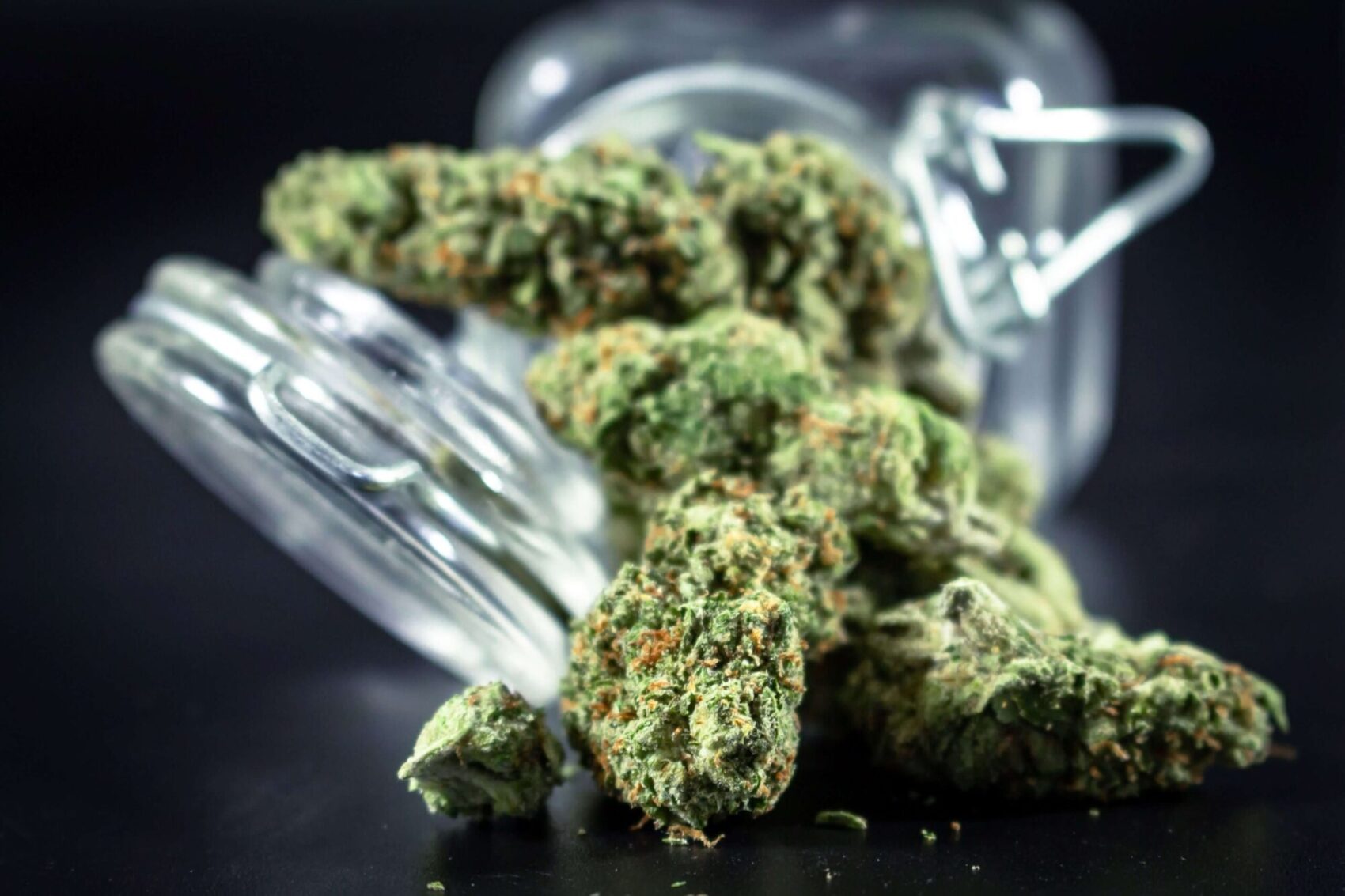Have a question? 06 70 73 89 02
🔞 Not for sale to under 18s
🔥 BIG DESTOCKING: EVERYTHING is on special 🔥
Have a question? 06 70 73 89 02

You've probably already heard of it. After taking the French market by storm, HHC was banned by the Agence nationale de sécurité du médicament et des produits de santé (ANSM).
You're wondering exactly what HHC is, what its history is, what its effects are and why it was banned. We explain everything there is to know about this semi-synthetic molecule.
The decision was announced on June 12, 2023: HHC is now classified as a narcotic. As such, it is prohibited for sale and consumption.
The French Minister of Health, François Braun, spoke on the subject on France Inter, a month before the announcement of the HHC ban. After highlighting the psychotropic and addictive effects of HHC, he pointed to "a classification loophole" surrounding HHC. A loophole he hoped to close by banning the sale of the product[1].
Whether in flower, resin, infusion or even candy form, HHC and its derivatives, HHCO and HHCP, are now illegal in all their forms. But HHC is not illegal in its metabolite form: 10 OH HHC. This is the molecule that HHC becomes when processed by liver enzymes.
Discover our 10-OH-HHC products
HHC or hexahydrocannabinol is a hydrogenated form of THC. It occurs naturally in trace amounts in the seeds and flowers of certain varieties of cannabis sativa. But it can also be synthesized in the laboratory from natural cannabis extract, which is why it's referred to as a semi-synthetic molecule.
Chemically, Tetrahydrocannabinol becomes hexahydrocannabinol by adding two hydrogen atoms. This makes the molecule more robust and stable. Its hydrogen saturation makes it rustproof and impossible to degrade, unlike THC. As a reminder, THC can degrade and lose all its hydrogen atoms, becoming Cannabinol (CBN).
Although no exhaustive, in-depth studies have been carried out on HHC, its chemical structure and a few minor studies have enabled us to understand part of its action and function.
Like its cousin, HHC attaches to CB1 receptors, but its action is weaker than that of THC. It therefore produces roughly the same effects in smaller proportions. Like THC, it causes :
Like THC, it is also responsible for a number of deleterious and potentially dangerous effects. According to ANSM, HHC consumption carries risks such as: "tremors, vomiting, anxiety, bad trips, mental confusion, malaise, tachycardia, chest pain, blood pressure increases". It also presents a "risk of abuse and dependence, like cannabis"[2]. It is these health risks, explained by the similarity between THC and HHC, that have led ANSM to classify the substance as a narcotic.
In France, for an unknown molecule to be classified as a narcotic, the authorities have to carry out a number of analyses on the toxicity of the product, the risks associated with consumption and its potential therapeutic effects. The molecule's relatively meteoric success meant that it was able to spread rapidly before the health authorities had carried out the necessary tests. As a result, since its launch in France in 2022, the compound has been freely available for sale for just over a year.
As in France, HHC has been declared a narcotic in a number of European countries, including Austria, Belgium, Denmark, Finland, Switzerland and the UK. However, to date, there are no European regulations governing HHC, so its legality and status depend on each government.
HHC was first synthesized in 1947 by researcher Roger Adams and his team. The aim of this group of American scientists was to isolate and study the three best-known cannabinoids in hemp (CBD, CBN and THC).
After several unsuccessful attempts to isolate THC, the group decided to resort to hydrogenation. Like the previous attempts, this was a failure, but as every cloud has a silver lining, it was not in vain: they succeeded in synthesizing HHC. Despite this discovery, the research group never succeeded in isolating THC. This discovery would not be made until 20 years later by Israeli researcher Raphaël Mechoulam, who thus entered posterity.
Hydrogenation of a molecule is a process that has been known since the 19th century. It is widely used in the food industry to make margarine and many other everyday consumer products. The process is therefore safe, but there are risks. If synthesis is not properly controlled and carried out, traces of heavy metals and solvents can be found in the product. However, it was not the hydrogenation of THC that led to the banning of HHC, but rather its addictive effect .
Now you know everything there is to know about HHC and why it was banned. Nevertheless, as the French Minister of Health put it when he appeared on France Inter: it's a product that "fills a hole in the market". With HHC banned, this "hole" was once again vacant, so naturally other products such as H4CBD, THCP and THCV tried to replace it. But in the end, they met the same fate: all the molecules were banned. And once again, others came along, called CBDP or THM.
Discover our legal CBD derivatives